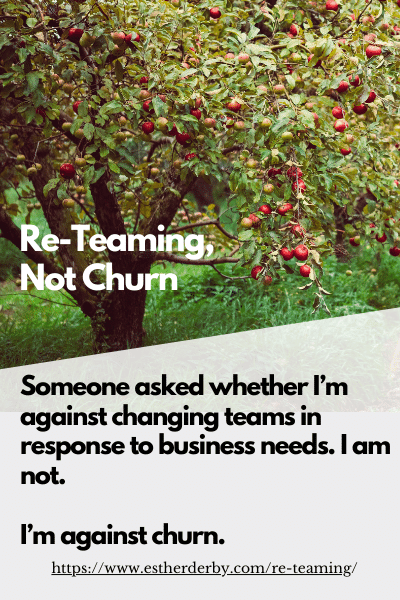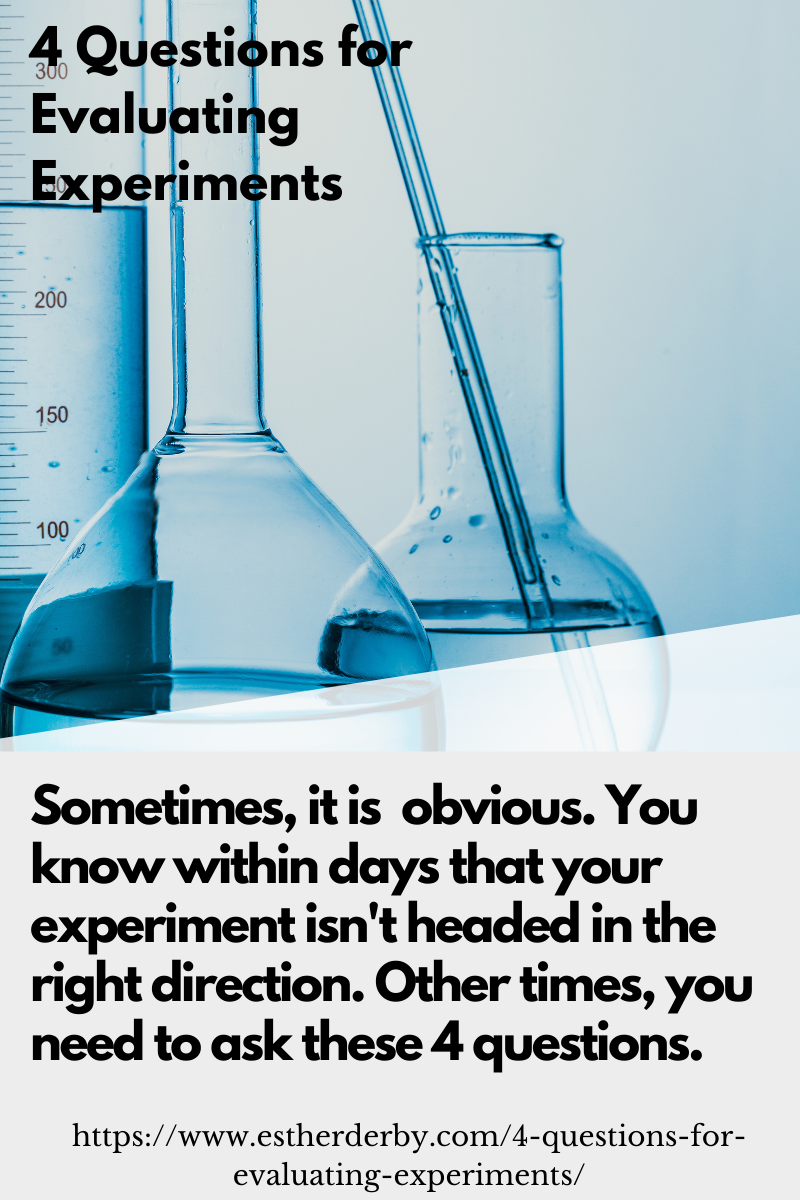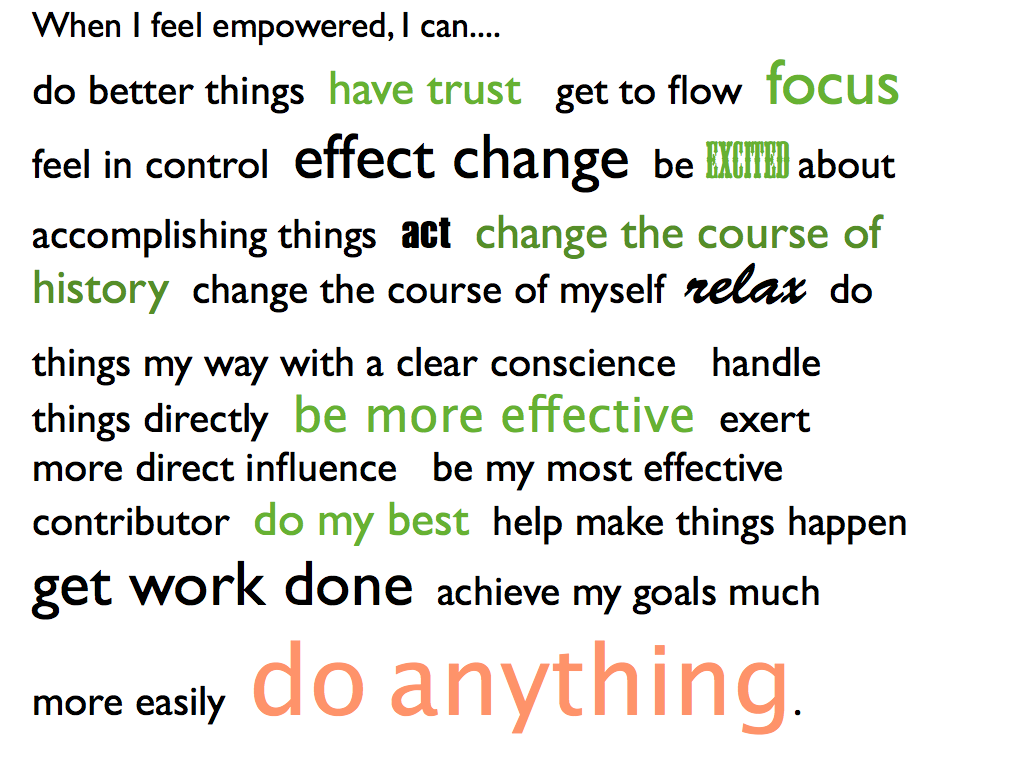Collaboration & Teams
Most work requires combined effort. People with different skills and expertise have to figure out how to work together. They must solve problems and coordinate the flow of ideas. Yet, companies often reward and incentivize individual contribution. How can leaders foster the conditions for great teams?
Blog Posts

Many job descriptions focus on skills—usually technical skills. Interpersonal skills may get a passing mention—“strong communication...

In response to a tweet on the benefits of stable teams, someone asked whether I’m...

When you try something new, when to you expect to see results? How do you...

I asked a group to complete this sentence: “When I feel empowered, I can__________.” Here’s...
Like many people, I’m staying home during a pandemic, trying to work, using collaboration tools....
I visited an organization making an Agile transformation. It looked like the teams were making...
On the first day of widespread work from home brought about by the pandemic, I...
Many people who are accustomed to going to the office are now working from home,...
Trust may seem mysterious—something that just happens or grows through some unknowable process. The good...

In an online forum, someone declared that feedback between peers must be anonymous. He asserted...
Many problems are easier to solve when you have data. However, there is a difference...
Podcasts

It is not always easy to speak up in organizations. People may think twice before...
Videos

“Selforganizing agile team” may be the most over-used, misunderstood, vague, and misleading term of the...

Effective retrospectives are at the heart of team improvement. They’re the critical feedback loop for...

The 2nd edition of Agile Retrospectives came out in spring of 2024. It’s a significant...

So you’ve prepared yourself for a feedback meeting, now what?

In this video, I’ll teach you what to do to unearth the value in vague...

Do you dread offering feedback at work? If you’re a leader or a manager feedback...

